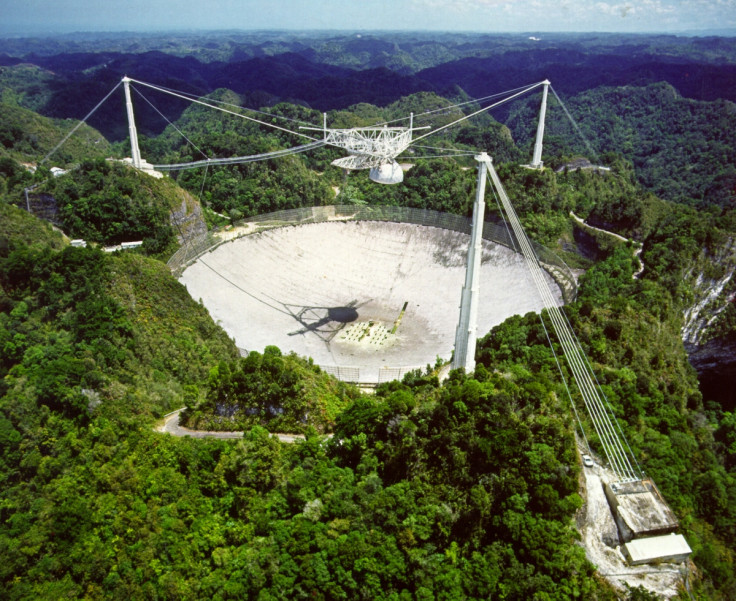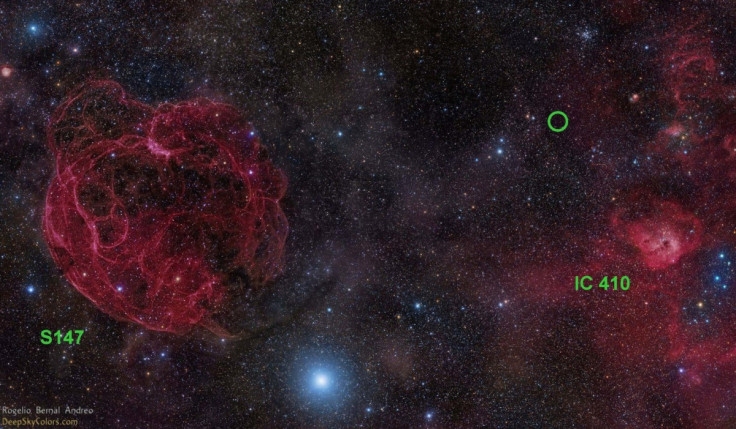Sounds From Deep Space Discovered by Radio Telescope in Puerto Rico

Sounds have been discovered coming from deep in outer space through a radio telescope in Puerto Rico.
A split-second burst of radio waves was detected by scientists at the Arecibo Observatory.
Published in the Astrophysical Journal, scientists say this is the first time that a "fast radio burst" has been detected using any instrument other than the Parkes radio telescope in Australia, where a handful of similar events have been recorded.
However, because fast radio bursts were not recorded at any other facility, some had speculated that the Parkes telescope was picking up signals from sources on or near Earth.
What is causing these radio bursts is now the question astrophysicists are looking to answer. Hypotheses include evaporating black holes, exotic astrophysical objects and flares from magnetars, which are a type of neutron star that have powerful magnetic fields.

The pulse was detected in November 2012. It lasted just a few thousandths of a second but from it scientists were able to confirm previous estimates that the bursts occur about 10,000 times per day - a massive number considering how little of the sky is observed.
Laura Spitler, lead author of the study, said: "The brightness and duration of this event, and the inferred rate at which these bursts occur, are all consistent with the properties of the bursts previously detected by the Parkes telescope in Australia."
Scientists said they can tell the bursts are coming from outside the Milky Way because they had three times the dispersion measure expected from a source within the galaxy.
They now plan to detect radio bursts using telescopes that can observe much broader areas of the sky.
Victoria Kaspi, an astrophysics professor at McGill University in Montreal, said: "Our result is important because it eliminates any doubt that these radio bursts are truly of cosmic origin. The radio waves show every sign of having come from far outside our galaxy - a really exciting prospect."
© Copyright IBTimes 2025. All rights reserved.






















